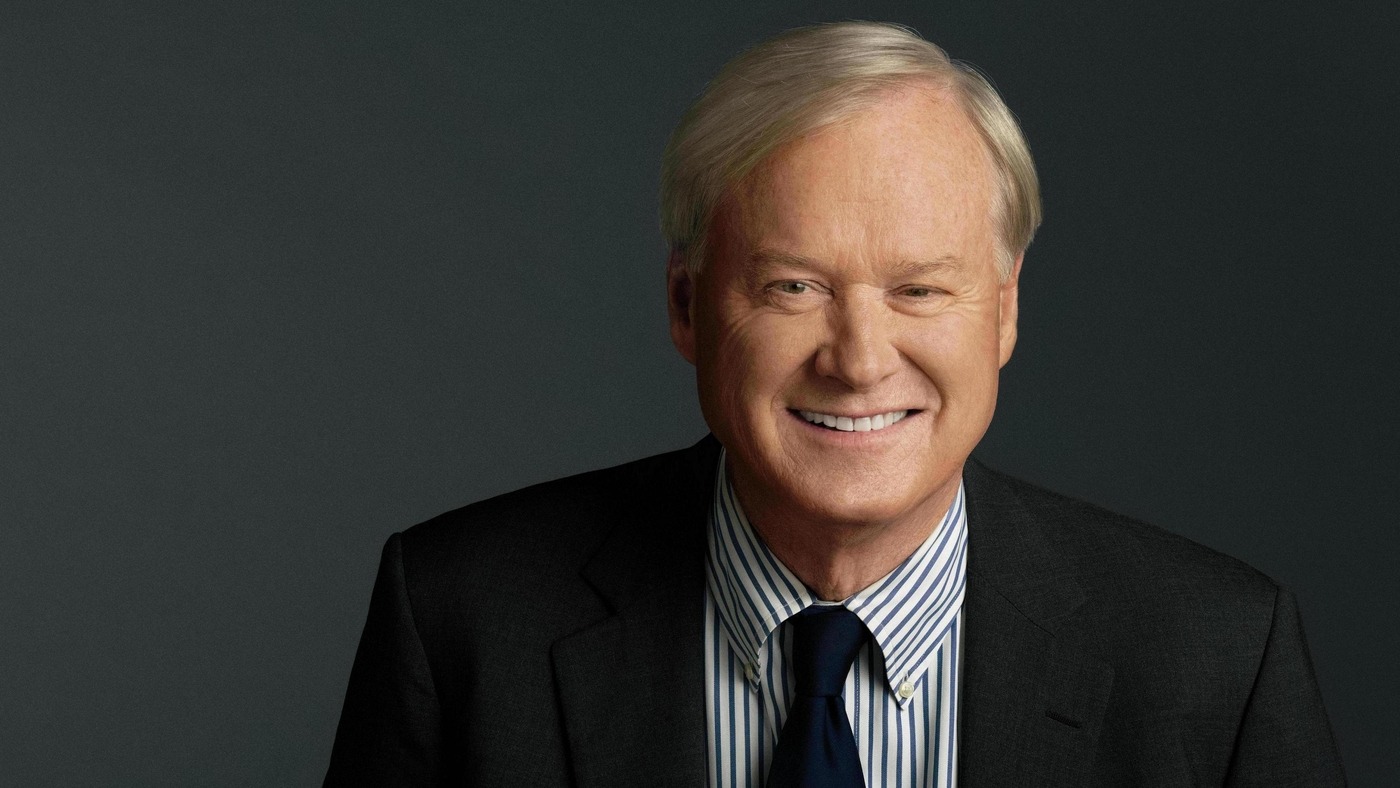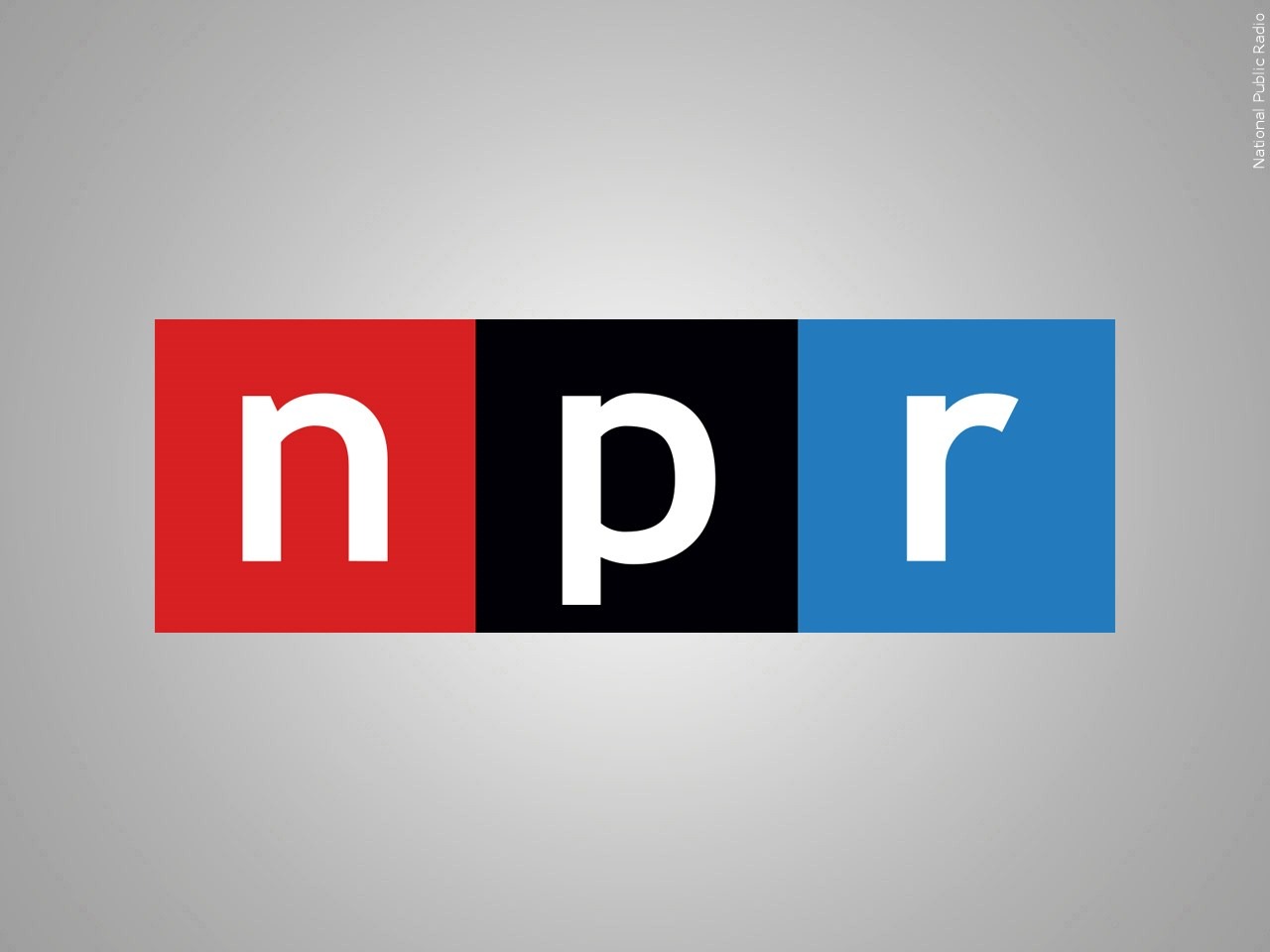I recently read Uri Berliner’s thought-provoking reflections on the changes at National Public Radio (NPR), where he served as a senior editor.
As a 45-year-long NPR listener and former occasional commentator on “All Things Considered” (ATC), I found his concerns as a left-leaning employee resonated with mine as a conservative listener and former commentator.
In the past, ATC and “Morning Edition” featured diverse commentaries from voices like Tom Bodett, Daniel Pinkwater, and Baxter Black, as well as respected journalists like Daniel Schorr and Ted Koppel.

I had the opportunity to contribute a few commentaries in the late 1990s, and despite our political differences, my NPR editors were consummate professionals dedicated to delivering high-quality content.
However, Berliner’s piece highlighted the shift in NPR’s audience demographics, with conservatives decreasing from 26% in 2011 to 11% in 2023, while liberals increased from 37% to 67%.
This change is reflected in the reporting, with hosts and reporters often incorporating progressive viewpoints and displaying aggression or dismissiveness towards conservative guests.
One example was Scott Simon’s interview with Hillary Clinton, where he failed to ask her about her involvement in the Steele Dossier and Russian-collusion hoax. This lack of scrutiny and balance is concerning, especially when compared to programs like the BBC’s “Newshour,” which maintains a more neutral stance and rigorous questioning.

Berliner’s suggestion to “start over with the basic building blocks of journalism” was met with his suspension and subsequent resignation, echoing similar incidents at other major media outlets.
It seems that diversity of opinion is no longer practiced, only touted. I hope NPR and other media organizations will take steps to address this issue and reclaim their commitment to excellence and balance.


